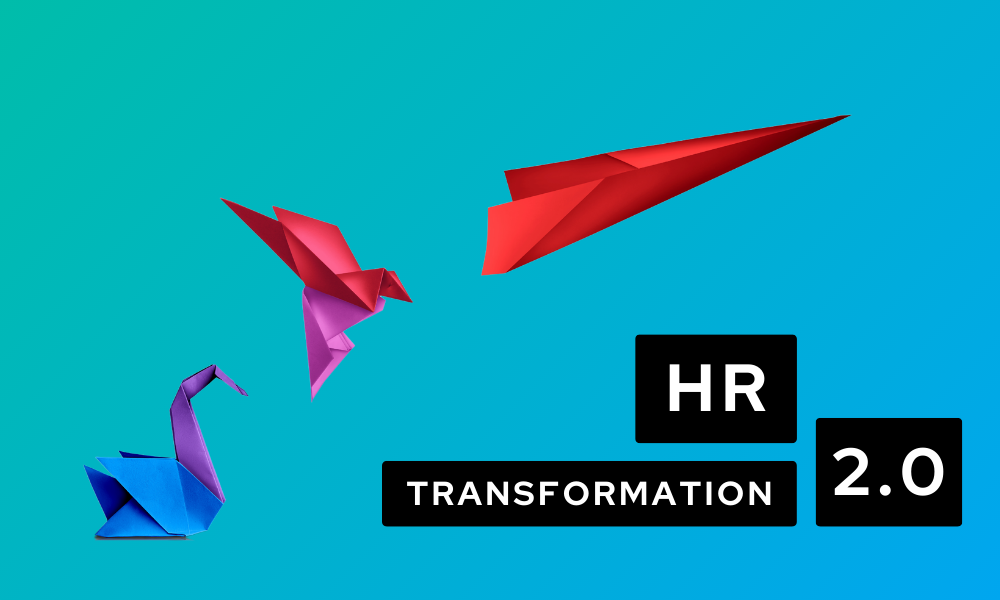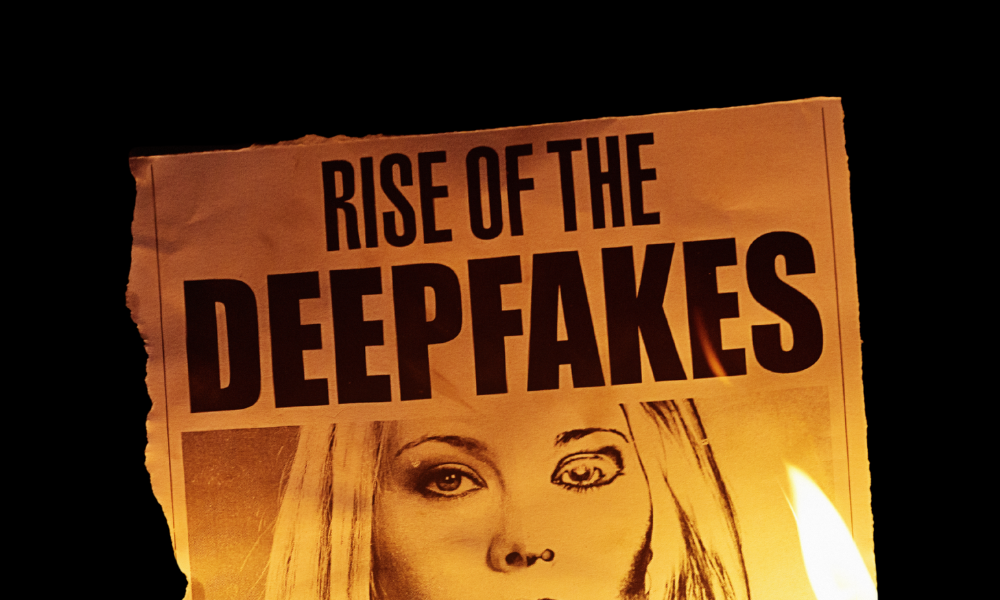
Make talent quality your leading analytic with skills-based hiring solution.

In a recent interview organized by Ardent Partners, Senior VP and MD of Future of Work Christopher J. Dwyer asked Satish Kumar, CEO and Co-founder of Glider, penetrating questions about how to find quality talent.
The market evolved radically during the pandemic. Remote work became a top draw for quality talent, and it created a universal demand for work-at-home flexibility, with 97% of employees not wanting to return to the office full-time.
While this vastly expands the pool of quality talent available for a given position, it also presents extreme challenges for hiring managers and Managed Service Providers. Most struggle with remote hiring, and Glider’s ability to meet their needs has led to the company’s explosive growth.
Most people have an intuitive understanding of the word “quality,” but that’s not enough to direct hiring in today’s market. Kumar pointed out that “The definition of talent quality is different for different people and different organizations.”
To succeed, hiring managers and MSPs need to precisely define what it means to them for a given position. “Saying ‘I need a very good java developer’ has no meaning at all,” Kumar explained. “This is where a calibrated definition of talent quality needs to be set for a skill, which the suppliers need to meet.”
Spending time on this definition can greatly enhance the chances that a new hire will be perfect for the position offered, while also increasing the likelihood that they will be able to evolve as requirements change.
Both are crucial attributes of quality talent. But coming up with criteria for quality talent can be challenging. Fortunately, help is available. “Based on our voluminous experience from working with a vast number of clients,” Kumar said, “our experts [can] recommend specific evaluation criteria to set the quality benchmark”
With this in hand, it is possible to create an ideal evaluation environment where candidates can show their true colors. “Systems like Glider will provide [candidates] an opportunity to showcase how good they are today. This will allow them to jump ahead and talk to the hiring manager directly, instead of going through the phone screen process or recruitment team in between.”
This reduces the “interview tax,” or time wasted on costly interactions with unqualified people. Hiring managers and MSPs can maximize face time to brand the company and assess intangibles, knowing that the candidate will be able to accomplish the tasks needed. Conveniently, all this is best accomplished remotely. “We are hiring talent without borders,” Kumar said. “This outreach has changed the definition of talent quality as well. Now there is talent quality residing outside the US which has become the part of talent mix here.”
A precise definition of quality talent empowers a hiring manager or MSP to not only find it, but to meet DE&I goals as well. Remote hiring gives them another advantage in this regard. With systems such as Glider’s, it is possible to find quality talent by screening for it directly.
“Traditionally,” Kumar said, “one may think that the quality of an employee and his/her experience is positively correlated or [that] quality goes up with the number of years of experience. But that’s not always true, even though we are accustomed to hearing that.”
Other traditional metrics can also be misleading. Emphasis on colleges attended or letters of reference often disadvantage excellent candidates. “In reality, there are candidates who did not get such opportunities, as they did not have the means to get an early education or go to a fancy college, though they are actually deserving,” Kumar said. “Thanks to online [educational] resources today, candidates can be really good at what they do. They should be given a chance.”
Remote hiring on a system like Glider can further reduce bias by keeping a candidate’s bias-inviting attributes secret until the last moment. “Let’s say you invite 100 candidates to participate…and based on their performance, you shortlist just 10 of them. Only then reveal who they are.” This ensures that the candidates who make it are all quality talent perfectly capable of doing the job.
Diversity arises naturally from a process like this. “The data-driven approach is going to make our world much fairer and provide the right opportunity for the deserving,” Kumar said. “We find exceptionally talented candidates at the bottom of the pipeline.
Precisely defining what you mean by talent quality and then devising an ideal assessment process may seem fool-proof, but it is not.
“There are some challenges that have crept in from the candidate side,” Kumar said. “For example, there are lot more ways to get around the system. [Some candidates] are discovering unfair means of passing the [assessment] process. It is also quite difficult to detect such frauds through a remote setup.”
Hiring manages and MSPs should be keenly aware of this fact. Glider tracks it obsessively, and found that over the course of the pandemic there was a 92% increase in fraudulent assessment activities, which is nearly double what it was before. “This data has really blown our minds,” Kumar said.
Efforts to counteract these nefarious efforts need to be implemented carefully. Glider uses artificial intelligence and computer and phone monitoring during assessments to automatically flag candidates who try to “get around” a legitimate process.
However, any system that monitors someone should be perfectly transparent. “I want to stress the fact that everything we do in remote hiring and assessment is strictly through candidate permissions. There is no behind scene at all. We respect the candidate’s privacy at all stages,” Kumar said.
The idea isn’t to catch people who would cheat; the idea is to let them know that they will be caught so they will self-select to leave the process, saving time and money for the hiring manager or MSP.
There is massive global demand for quality talent, and top candidates know it. Since they don’t need to look for a job locally, their options are wide open. Company branding becomes crucial, and the candidate’s first experience with the company is the hiring process itself.
Top quality candidates don’t mind automated processes that let them prove their abilities in a fair environment; in fact, the welcome this, because it signals that the company is serious about hiring competency over credentials. This can be done in such a way that simultaneously introduces the candidate to a real-world work experience.
For example, Kumar explained that “We know how tech people like developers hate to answer the recruiter’s questions and how non-tech people get frustrated too. So, the pertinent question is, how can you enable a technical person to showcase who they are? The answer lies in bringing the environment they are used to work in and out. So, if you are able to replicate that work environment, then the candidates will showcase their true capability and come out as a winner…On the non-tech side as well, we try to simulate the first day on the job.”
This gives the candidate an awareness of what they are expected to do when they are hired, which “is shredding a lot of surprise factors before they join. This is actually beneficial down the line,” Kumar said.
With this assessment process completed, hiring managers know who they are hiring. This part of the process takes about 80% of the time. Hiring managers can then spend the remaining 20% “assessing the things that matter deeply…Through this quality conversation, hiring managers can find out if the candidate is the ‘right fit’ for their company.”
“Glider is placing talent as a leading analytic,” Kumar said. “Everyone should be given a fair chance on [the same] criteria…Our aim is to convey the message that if they go through Glider’s process, the candidate’s selection will indeed be genuine and competent. More importantly, our clients are able to scale their operations in terms of remote hiring. This has also catapulted our growth as well.”

Raising the Bar for Skills Certification: How a Leading Tax Software Company is Shaping the Future of Learning and Development When millions rely on your tax experts, training can’t just be a checkbox. The world’s top brands are raising the bar on how skills are built—and measured. Consider one of the most trusted personal finance […]

Why HR Must Lead AI Transformation — And Redefine HR Transformation in the Process Artificial intelligence is no longer a futuristic concept. It’s here, and it’s redefining how businesses operate, how decisions are made, and most importantly—how work gets done. Yet despite the sweeping impact AI is having on talent, skills, and workforce structure, HR […]

Deepfake Tech and Candidate Fraud The Growing Threat of Deepfake Job Interviews Imagine conducting a video interview with a seemingly perfect candidate—only to discover later that the person never existed. With the growing sophistication of AI-driven deepfake technology, fraudulent job candidates are manipulating job interviews to secure employment under false identities. This trend is particularly […]